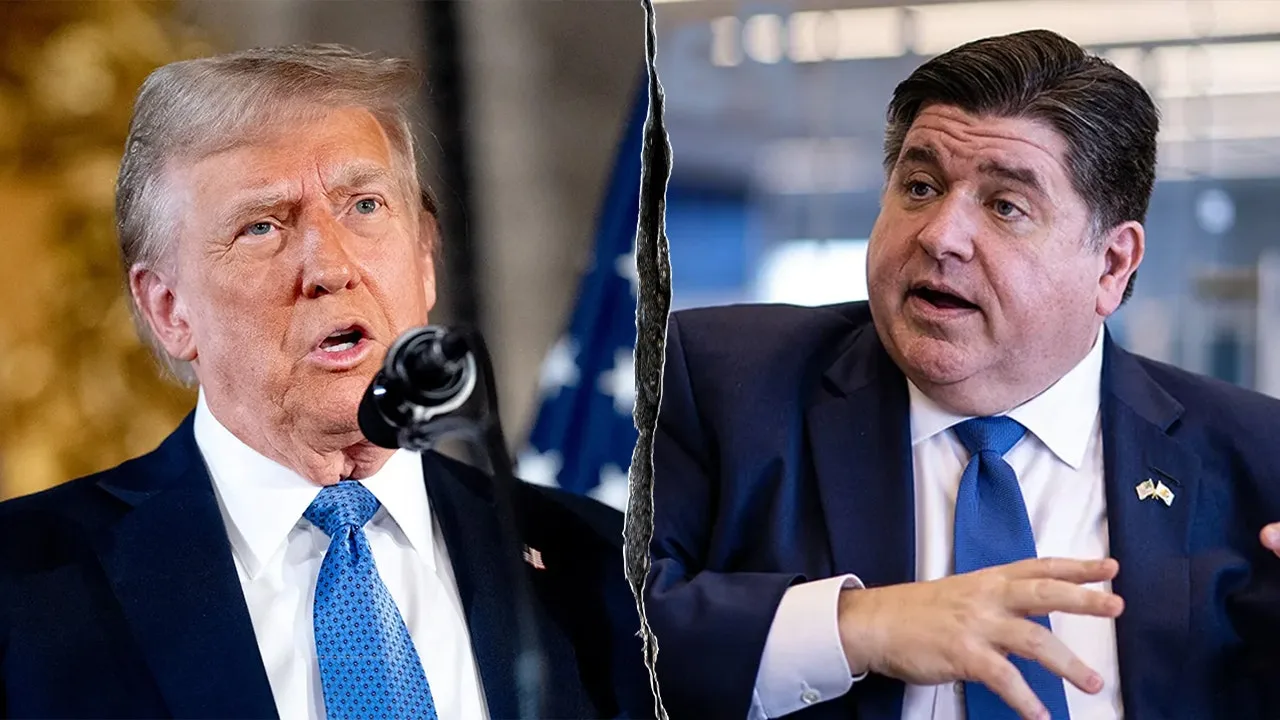In a tense exchange outside the White House, former President Donald Trump addressed questions from an NBC reporter regarding his recent controversial meme about Chicago. The meme, which suggested Trump could take decisive action against the city’s crime rate, sparked strong reactions from political opponents, local authorities, and the public.
Lori Vallow Sends Message to Surviving Son Colby Ryan from Prison
What Happened
The controversy began when Trump shared a meme on social media featuring a scene reminiscent of the iconic film Apocalypse Now, implying that he was prepared to take strong action on crime in Chicago. Critics interpreted the image as a threatening message, prompting backlash across the political spectrum.
Illinois Governor JB Pritzker quickly condemned the post, calling Trump a “scared man” and accusing him of exhibiting authoritarian tendencies.
During a press exchange with NBC, Trump was asked directly if he intended to “go to war with Chicago.” He dismissed the claim as “fake news”, emphasizing that his focus was on crime prevention, not military action. He stated,
“We are going to clean our cities, so they do not kill five people every weekend. It is not war; it is common sense.”
Reactions from Political Leaders
The meme and Trump’s comments drew sharp criticism from several political figures.
- Governor JB Pritzker described Trump’s rhetoric as “the language of a wannabe dictator” and warned that such statements undermine the principles of democracy.
- Chicago Mayor Brandon Johnson called the meme “beneath the dignity of our nation” and emphasized that local governance and law enforcement are the best ways to address crime in the city, rather than federal intervention.
The post also generated widespread discussion online, with debates over whether Trump’s comments reflect a genuine desire to reduce crime or are politically motivated ahead of future elections.
What Happens Next
The controversy raises broader questions about the balance of power between federal and local authorities in addressing urban crime. Chicago, which struggles with high rates of violent offenses, remains at the center of discussions on crime prevention strategies.
Trump has suggested the possible deployment of the National Guard to Chicago, a proposal that has already faced opposition from local leaders. While Trump insists his goal is to implement practical measures to reduce crime, critics remain concerned about potential federal overreach into local matters.
The debate is likely to continue, highlighting tensions between national policy and local governance in tackling crime across major U.S. cities.
This is a developing story. Updates will follow as more information becomes available.
